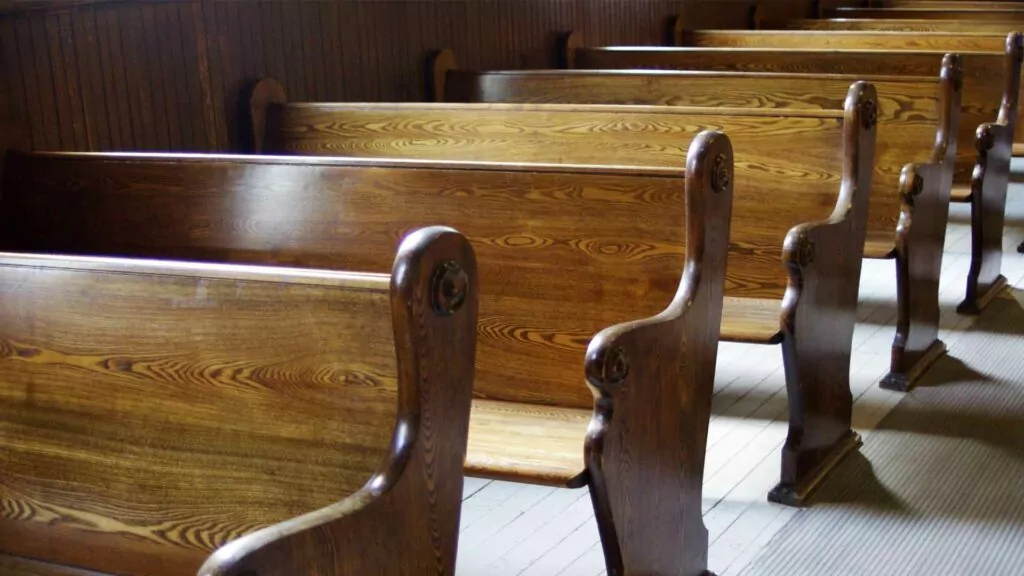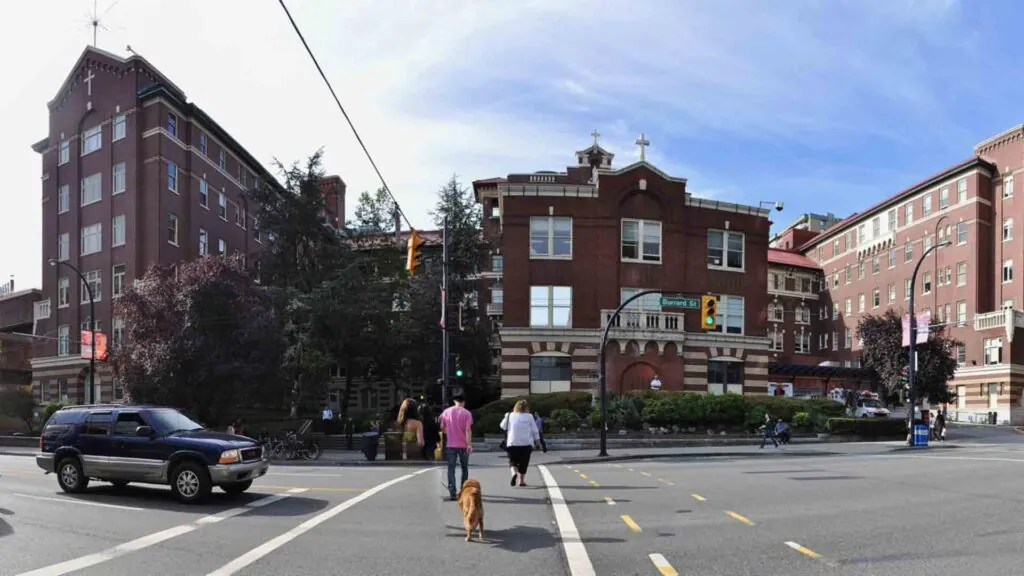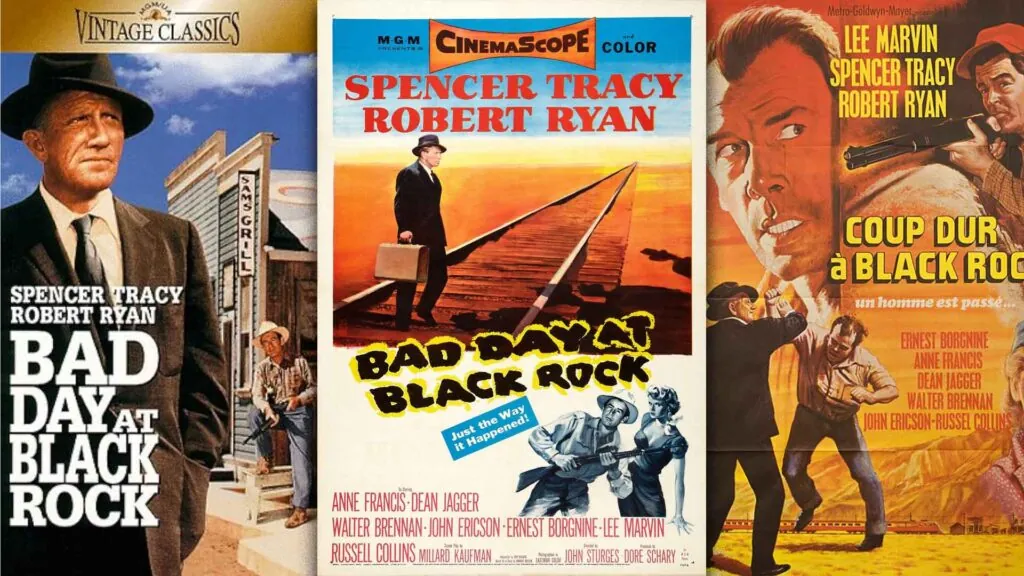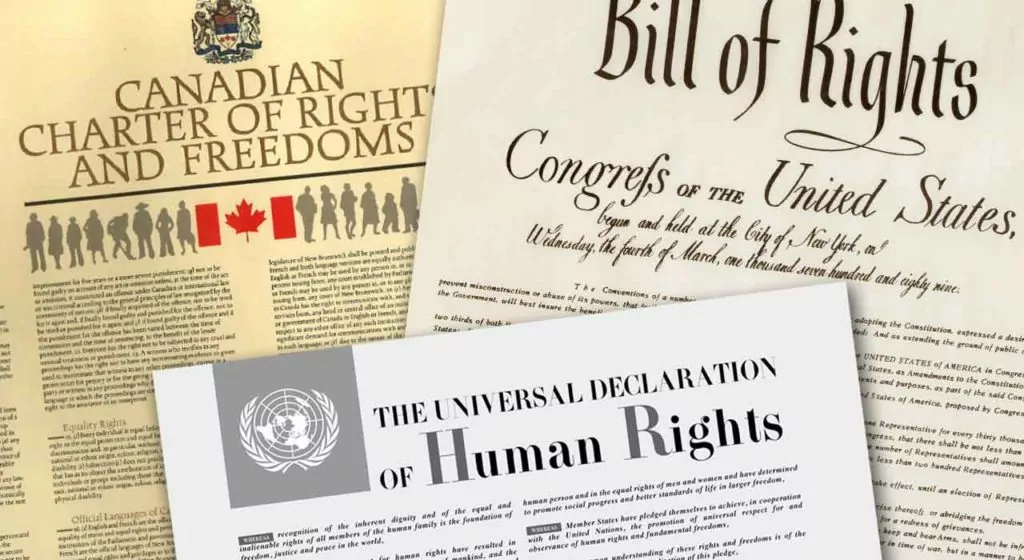The Quebec Superior Court is set to hear a case that challenges the province’s ban on “overt prayers.” The province’s Education Minister Bernard Drainville explained that the purpose of the new legislation is “to preserve the secular nature of public schools.”
The Christian Legal Fellowship (CLF) has been granted intervenor standing in the case. In his recent Globe and Mail article, “Banning student-initiated prayer in school spaces is unconstitutional and unjust,” CLF’s Executive Director Derek Ross explained why they believe the law is not constitutional:
“True neutrality is achieved not by silencing prayer, but by accommodating students of all faiths, and none, to participate fully and equally in our public education system … if students’ prayers offend the state’s vision of secularism, which of their expressions of faith might be restricted next?”
He also quoted a previous Supreme Court decision that explained that the Charter’s freedom of religion protects the right to “declare religious beliefs openly and without fear of hindrance or reprisal.”
Pointing to a different Quebec court decision that defended someone giving the middle finger as a “God-given, Charter-enshrined right,” Ross concluded:
“If an adult has the right to express anger with outstretched fingers, surely students have the right to express love with folded hands, or bended knees. If any right is God-given, that one is.”












